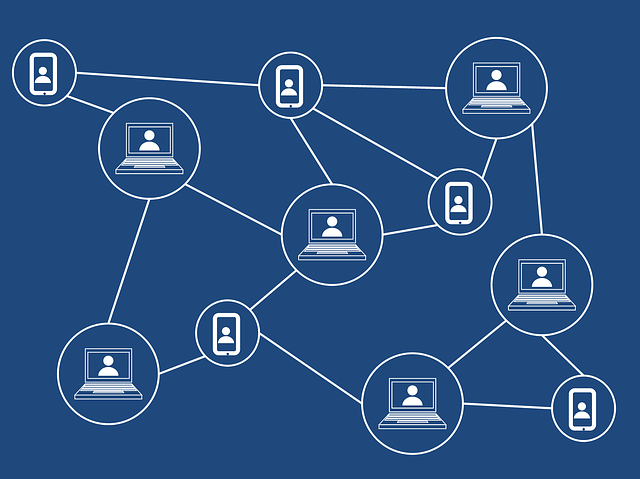
Blockchain is changing the way that we do things. Initially, it was just affecting the financial industry, with the introduction of new cryptocurrency that used blockchain technology for transactions. In the future, however, it is looking likely that it is going to be affecting a huge range of different industries, from healthcare to insurance. In fact, you would be hard pressed to find an industry in which it would not apply to.
At the present moment, this technology is mainly being used to verify transaction of cryptocurrencies like Bitcoin. This is mainly important for people who engage in cryptocoin trading, want to try their luck at a Bitcoin casino, and so on. But blockchain technology can be used for a whole range of different things and many businesses are already finding ways to implement it into business strategies.
One fairly surprising industry where blockchain is looking likely to have a big impact is the real estate industry. It could transform the way that people currently buy and sell real estate, as it could eliminate hidden costs and speed up the process as a whole.
In the past, making trades with high value assets through digital channels is something that is not really done. Therefore, the process with real estate has always been using face-to-face engagements with a variety of different people.
This whole process can be pretty time consuming, as you have to wait for many different people to find the time to meet you, then if something goes wrong, you will have to find the time to meet them again.
The introduction of blockchain technology, however, has potentially brought a way to change this for the better through the use of smart contracts. In this way, high value items such as real estate can be tokenized, and then traded in a similar way to cryptocurrencies.
In the not too distant future, the process of buying and selling houses could be completely different to how it is now. Let’s take a look at some of the ways that things could change.
Landlords could use a digital leasing system that automatically withdraws rent payments, without the need of service charges and no risk of human error.
There could be a self-governing accounting system where each transaction is automatically recorded and balanced.
People could live without fear of any manipulation of records or transactions.
This is not just a future prospect, in many cases it is already happening. For example, people are already purchasing property without the use of intermediaries such as banks, and soon the technology could also be applied to trading fiat and other national or digital currencies.
A lot of information on real estate, such as the title registration, property encumbrances, and their properties condition can be entered into distributed ledgers which can be accessed online. Some countries, such as Sweden, are already trialling this method. This would make the property appraisal a lot quicker than it currently is.
Smart contracts could also be used, which would involve no human involvement. The agreements would be concluded entirely digitally, guaranteed by computer protocols. The protocols will not allow the contract to be concluded if the terms are not met.
With the evident growth in technology in the past couple of years, partnered with the convergence of the physical and digital world, it is clear that it was only a matter of time before the real estate industry became more digitalised.
Using blockchain will give real estate industries a huge range of benefits, including lowered error rates, faster and cheaper operations, less risks, and many more.
Check here for an interesting infographic about the above: https://bitfortune.net/